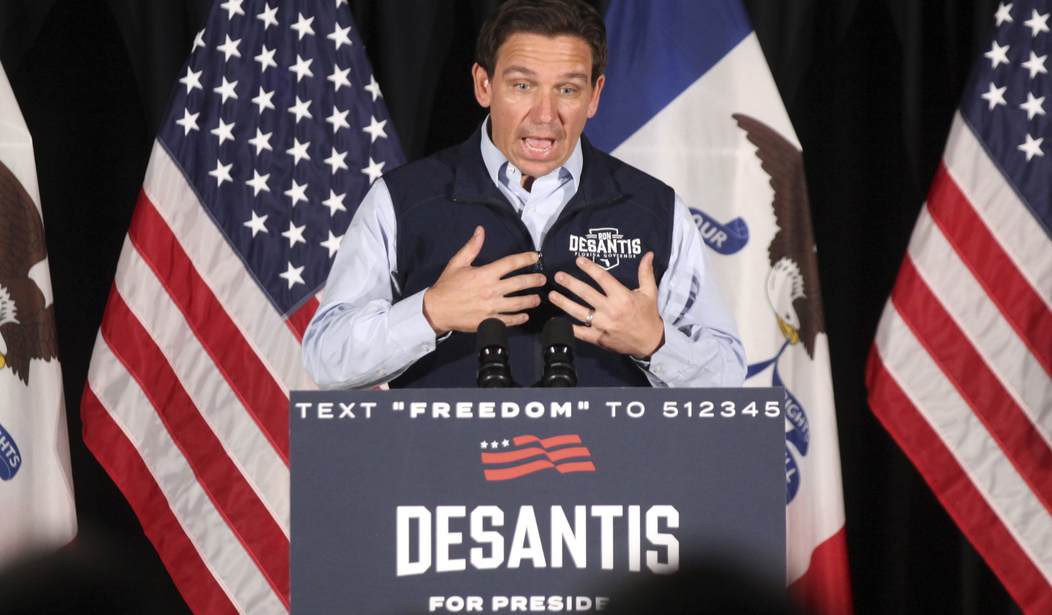During a press conference last week, Gov. Ron DeSantis (R-FL) gave his reaction to American Federation of Teachers (AFT) president Randi Weingarten being appointed to the Biden administration's U.S. Department of Homeland Security (DHS) school safety advisory council.
“She should not be in any position of authority,” DeSantis said of Weingarten, who pushed to keep schools closed during the pandemic—resulting in record levels of learning loss—and advocated for masking school-aged children. “Maybe someone will have something to say about that in about a year and a half, to be able to get that right,” the 2024 presidential contender added.
DeSantis lambasted Weingarten as one of the main figures who inflicted "a lot of damage" since COVID-19 (via Florida's Voice):
“She really led the effort to force schools to close,” DeSantis said. “They responded by suing us to try to lock kids out of school. They wanted a court to rule that we could not allow kids to be in school in person.”
“Had we gone down that direction, there would have been devastating impacts to our youth,” the governor warned.
“And the sad part about it is, is the people that would often times be public advocating for school closures, a lot of times, they got their kids – private tutoring… they got their kid in a private, in person school,” he continued. “It was really the lower income, the working class families that bore the brunt of her school closures.”
Recommended
The newly formed DHS board added 20 new members last week, and according to the DHS press release, is responsible for "strategic and actionable recommendations" regarding "campus safety and security, improved coordination, research priorities, hiring, and more." The council's members, including Weingarten, were appointed by DHS Secretary Alejandro Mayorkas.
"Leaders of our academic institutions and campus life have a great deal to offer in helping us counter the evolving and emerging threats to the homeland," Mayorkas said in a published statement announcing the recent appointments.
In April, Weingarten testified in a congressional hearing about the teachers union's role in shaping public policy on school COVID-19 lockdowns. During her testimony, she alleged that the AFT "spent every day from February on trying to get schools open" and that "we knew that remote education was not a substitute for opening schools," according to a report from the Washington Free Beacon.
Overall, Weingarten tried to seem as if she supported and worked towards schools re-opening throughout lockdowns. In reality, she sang a different tune, calling then-President Donald Trump's desire to reopen schools "reckless," "callous," and "cruel."
As if the damage from the teachers unions working to keep schools closed wasn't bad enough, this year's National Assessment of Educational Progress, known as the Nation's Report Card, found that 13-year-old students declined four points in reading and nine points in mathematics, compared to the previous assessment during the 2019-2020 academic year. For mathematics, it was a historic downward turn, the largest drop seen in 50 years. The disheartening results provide eye-opening statistics on pandemic-induced learning loss for U.S. teens at a critical point in their schooling.

























Join the conversation as a VIP Member